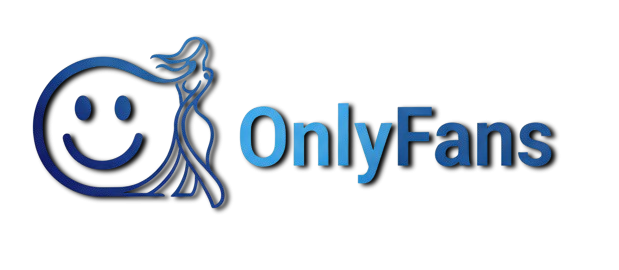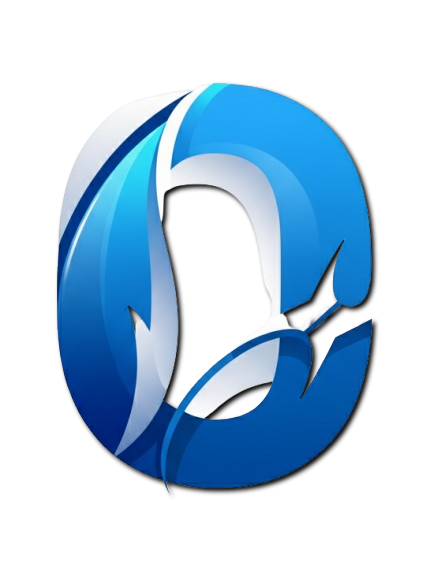The Ongoing Evolution of Anti-VEGF Therapy: A Detailed Examination of the Eylea Market analysis and Its Competitive Positioning Against Biosimilars and Next-Generation Treatments
The Eylea market, centered around the anti-VEGF agent aflibercept, remains a powerhouse in the treatment of major retinal diseases like wet age-related macular degeneration (wAMD) and diabetic macular edema (DME), yet it stands at a critical juncture driven by fierce competitive and regulatory pressures. The therapy’s established efficacy, proven across numerous clinical trials and years of real-world use, solidifies its foundational role in ophthalmology. However, the market dynamics are rapidly shifting due to the looming threat and recent emergence of biosimilars, which are poised to disrupt the pricing and Eylea Market analysis structure, particularly in key Western markets like the U.S. and Europe following patent expirations. This anticipated influx of lower-cost alternatives forces the originator, Regeneron and its partner Bayer, to aggressively pursue lifecycle management strategies. The most significant of these is the development and regulatory approval of the higher-dose formulation, Eylea HD (aflibercept 8 mg). This high-dose version strategically addresses the core patient and clinician demand for reduced injection frequency, offering extended dosing intervals of up to 16 weeks—and potentially even longer—after initial monthly doses, thereby significantly reducing the treatment burden and improving patient compliance, which is a key metric in long-term disease management. The successful rollout and adoption of Eylea HD are paramount to maintaining the brand's market share and premium pricing, as it provides a clear value proposition over both the standard 2 mg dose and the incoming biosimilar competition. The market's resilience will also depend on its ability to expand indications and optimize the use of its current formulations, ensuring Eylea remains the gold standard in a growing segment of the pharmaceutical industry. This strategic response is essential to navigate the complex landscape shaped by competitive products, such as Roche’s Vabysmo, which targets both VEGF-A and Ang-2, offering a distinct mechanism of action and its own promise of extended dosing, further fragmenting the lucrative anti-VEGF space and demanding continuous innovation from all players.
The primary market response to competitive encroachment and the need for greater patient convenience lies in innovative dosing and drug delivery technologies, which are the main focus of this new phase in retinal therapeutics. The shift towards less frequent intravitreal injections is not merely a preference but a clinical necessity, as repeated procedures carry burdens of cost, potential infection risk, and significant time commitment for patients, many of whom are elderly. The development of Eylea HD directly responds to this by utilizing an enhanced concentration to achieve a longer duration of action, a clinically proven strategy that has secured a strong initial uptake, effectively acting as a defensive innovation against biosimilar erosion. Beyond this immediate strategy, the future of Eylea and the broader anti-VEGF category involves cutting-edge advancements like sustained-release drug delivery systems, which aim to provide therapeutic benefit for six months or more from a single administration. These novel technologies, including ocular implants and port delivery systems, could fundamentally reshape the market by drastically minimizing the patient’s clinical visits and injection count, potentially rendering current dosing schedules obsolete. Furthermore, the market is continually influenced by the rise in prevalence of its target diseases; the global aging population means the incidence of wAMD is increasing, while the growing global diabetes epidemic drives up the cases of DME and diabetic retinopathy, creating a perpetually expanding patient pool. This demographic tailwind underpins the long-term growth potential for high-efficacy treatments like Eylea, even as competitive pricing pressures intensify. Success in the coming years will not just be about superior drug efficacy but about superior patient convenience and demonstrable cost-effectiveness within value-based healthcare models. For an extensive look at the market, see this Eylea Market analysis.
- Art
- Social
- Crafts
- Dance
- Drinks
- Film
- Fitness
- Food
- Giochi
- Gardening
- Health
- Home
- Literature
- Music
- Networking
- Altre informazioni
- Party
- Religion
- Shopping
- Sports
- Theater
- Wellness


